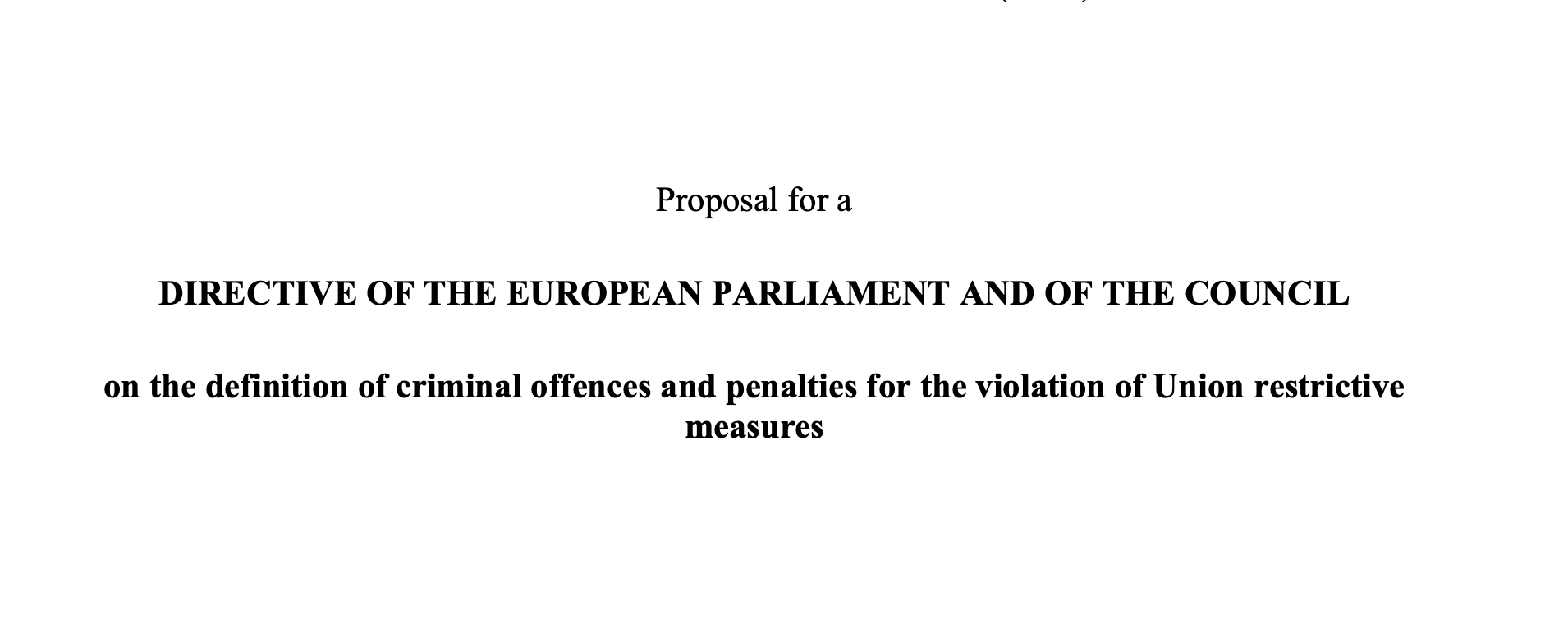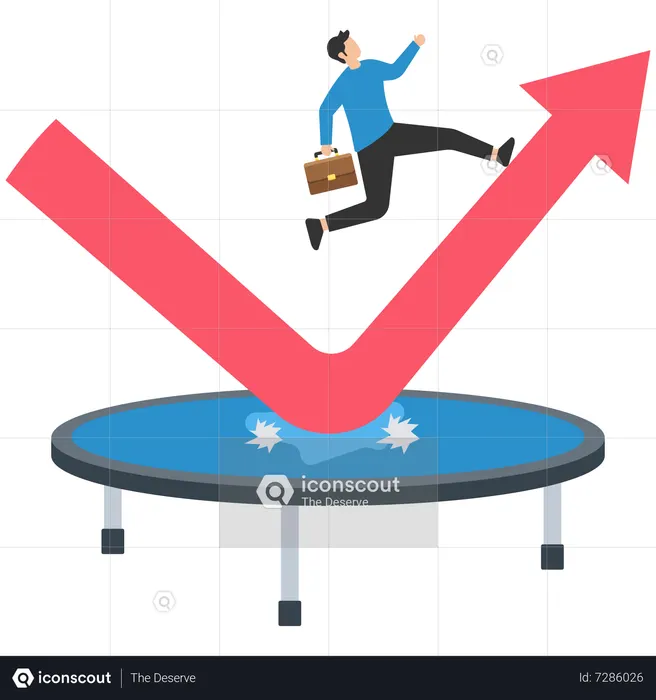EU Sanctions Loom As Shein Fails To Meet Consumer Protection Standards

Table of Contents
Shein's Failure to Meet EU Product Safety Standards
Shein safety concerns are at the forefront of the EU's scrutiny. Reports consistently highlight the presence of hazardous chemicals in Shein clothing, exceeding permitted limits under EU regulations. This poses significant health risks to consumers. The lack of transparent supply chain information further exacerbates the problem, hindering independent verification of Shein's safety claims. Insufficient product testing and quality control measures contribute to frequent reports of defective items, further fueling consumer complaints and regulatory investigations.
-
Hazardous Chemicals: Reports indicate the presence of excessive levels of formaldehyde, lead, and other harmful substances in Shein garments, exceeding the limits set by EU regulations. These chemicals can cause allergic reactions, skin irritation, and other health problems.
-
Lack of Transparency: Shein's opaque supply chain makes it difficult to trace the origin of materials and verify the safety of its manufacturing processes. This lack of transparency prevents independent audits and verification of safety claims.
-
Insufficient Testing: Reports suggest that Shein's product testing and quality control measures are inadequate, resulting in a high number of defective and unsafe items reaching consumers.
-
REACH Regulation Non-Compliance: Shein's failure to fully comply with the EU's REACH regulation (Registration, Evaluation, Authorisation and Restriction of Chemicals) is a major concern. This regulation aims to protect human health and the environment from the risks that can be posed by chemicals. Non-compliance exposes Shein to significant fines and potential product recalls.
The potential for substantial fines and widespread product recalls looms large if non-compliance is confirmed. This would have a significant impact on Shein's financial stability and its reputation.
Misleading Marketing and Advertising Practices
Shein's marketing practices have also drawn considerable criticism. Allegations of "greenwashing"—promoting environmentally friendly practices without sufficient evidence—are prevalent. The company is accused of using misleading product descriptions and images, exaggerating product quality and features to deceive consumers. This deceptive marketing strategy violates EU regulations designed to protect consumers from unfair commercial practices.
-
Greenwashing: Shein's marketing materials often highlight its commitment to sustainability, but independent investigations have raised doubts about the veracity of these claims.
-
Misleading Descriptions: Product descriptions and images frequently misrepresent the actual quality, material composition, and features of Shein's garments.
-
Lack of Origin Disclosure: Shein often fails to clearly disclose the origin of its products and the manufacturing processes involved, making it difficult for consumers to make informed purchasing decisions.
-
Unfair Commercial Practices Directive Violations: Shein's marketing practices appear to violate the EU's Unfair Commercial Practices Directive, which prohibits misleading and aggressive marketing tactics. This could lead to significant legal challenges and substantial fines.
These misleading marketing campaigns severely damage consumer trust and contribute to the growing pressure on Shein from EU regulators.
Concerns Regarding Labor Practices and Supply Chain Transparency
Beyond product safety and marketing, concerns regarding Shein's labor practices and supply chain transparency are significant. Reports consistently cite low wages, excessive working hours, and poor working conditions within Shein's supply chain. This lack of transparency makes it challenging to verify the ethical treatment of workers and address potential human rights violations. The EU and its consumers increasingly demand greater supply chain accountability, putting pressure on Shein to improve its ethical sourcing.
-
Low Wages and Excessive Hours: Numerous reports suggest that workers in Shein's supply chain endure extremely low wages and work excessive hours under pressure to meet high production demands.
-
Poor Working Conditions: Allegations of unsafe working environments, lack of adequate safety measures, and limited access to basic amenities are common.
-
Lack of Transparency: The opacity of Shein’s supply chain makes it nearly impossible to independently assess the working conditions of its suppliers and subcontractors.
-
Human Rights Violations: The concerns regarding labor practices raise serious ethical questions about potential human rights violations in Shein's manufacturing process.
The ethical implications of Shein’s business model are undeniable and demand immediate attention, particularly the impact on workers' rights and the need for improved transparency and ethical sourcing.
Potential EU Sanctions and Their Impact on Shein
The EU's response to Shein's failures is likely to involve significant sanctions. These could include substantial financial penalties, trade restrictions that limit market access, and damage to Shein's brand reputation, potentially leading to consumer boycotts. The company faces a critical juncture where significant changes are necessary to avoid further repercussions.
-
Financial Penalties: Shein could face hefty fines for non-compliance with EU regulations.
-
Trade Restrictions: The EU could impose trade restrictions, limiting Shein's ability to import and sell products within the European market.
-
Reputational Damage: Negative publicity and consumer distrust could severely damage Shein's brand image, leading to decreased sales and market share.
-
Consumer Boycotts: Consumers increasingly conscious of ethical and sustainable practices may boycott Shein, further impacting its market position.
The potential consequences for Shein's business operations and market position are severe. Avoiding further sanctions requires immediate and substantial reform.
Conclusion
Shein's failure to meet EU consumer protection standards presents a serious threat to its European operations. Concerns over product safety, misleading marketing, and labor practices demand urgent action. Ignoring the looming threat of EU sanctions concerning Shein's business practices would be a grave mistake. The company must proactively address these issues to avoid substantial financial penalties, protect its brand reputation, and maintain its market share in the EU. The situation underscores a critical need for greater accountability and transparency within the fast fashion industry. Shein must prioritize consumer protection and ethical manufacturing practices to ensure its long-term sustainability.

Featured Posts
-
 Miami Marlins Kyle Stowers The Power Of Journaling In His Breakout Season
May 28, 2025
Miami Marlins Kyle Stowers The Power Of Journaling In His Breakout Season
May 28, 2025 -
 Lainaa Edullisemmin Vertaile Lainatarjouksia Ja Saeaestae Rahaa
May 28, 2025
Lainaa Edullisemmin Vertaile Lainatarjouksia Ja Saeaestae Rahaa
May 28, 2025 -
 Alcaraz And Sinner Begin French Open Campaigns Swiatek Aims For Uplift
May 28, 2025
Alcaraz And Sinner Begin French Open Campaigns Swiatek Aims For Uplift
May 28, 2025 -
 Offre Limitee Smartphone Samsung Galaxy S25 Ultra 256 Go A 1196 50 E
May 28, 2025
Offre Limitee Smartphone Samsung Galaxy S25 Ultra 256 Go A 1196 50 E
May 28, 2025 -
 7 Potret Keseruan Ria Ricis Dan Moana Liburan Lebaran Di Bali And Sumba
May 28, 2025
7 Potret Keseruan Ria Ricis Dan Moana Liburan Lebaran Di Bali And Sumba
May 28, 2025
Latest Posts
-
 Live Music Industry Shows Resilience Pre Market Stock Gains
May 30, 2025
Live Music Industry Shows Resilience Pre Market Stock Gains
May 30, 2025 -
 Cts Eventim Strong Start To The Year With Significant Growth
May 30, 2025
Cts Eventim Strong Start To The Year With Significant Growth
May 30, 2025 -
 Mondays Pre Market Jump Good News For Live Music Investors
May 30, 2025
Mondays Pre Market Jump Good News For Live Music Investors
May 30, 2025 -
 Live Music Stock Market Rebound After Week Of Volatility
May 30, 2025
Live Music Stock Market Rebound After Week Of Volatility
May 30, 2025 -
 Mudanca Na Lideranca Fernando Cabral De Mello Como Ceo Da Sony Music Brasil
May 30, 2025
Mudanca Na Lideranca Fernando Cabral De Mello Como Ceo Da Sony Music Brasil
May 30, 2025
